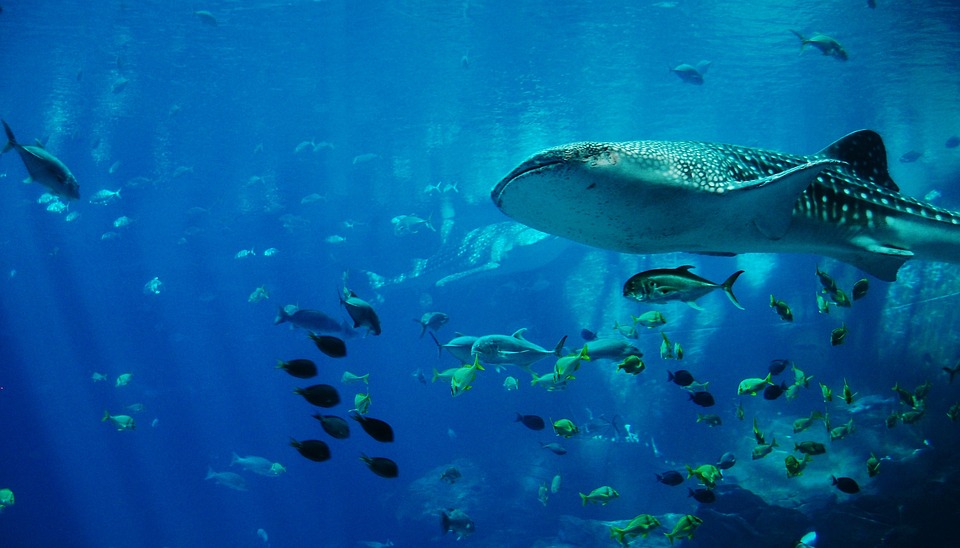Table of Contents
Introduction
Are you ready to dive into the adventurous underwater world? Scuba diving is an exhilarating experience that allows
you to explore the mesmerizing beauty hidden beneath the ocean’s surface. As a beginner, it’s essential to equip
yourself with the right scuba gear to ensure your safety and enhance your diving experience. In this article, we
will discuss the must-have scuba gear for beginners, helping you unleash your inner aquanaut with confidence and
excitement.
1. Dive Mask
The dive mask is a fundamental piece of scuba gear that enables you to see clearly underwater. It provides an airtight
seal around your eyes, allowing you to have an unobstructed view of the underwater world. Look for a mask that
fits snugly, doesn’t leak, and provides a wide field of vision. Anti-fog lenses can be a great addition to prevent
the mask from fogging up during your dive.
2. Snorkel
A snorkel is a breathing tube that allows you to breathe while floating on the water’s surface. It comes in handy
when you want to conserve energy by resting or observing the marine life from above. Look for a snorkel with a
comfortable mouthpiece and a purge valve that helps to clear any water that enters the tube.
3. Wetsuit or Drysuit
A wetsuit or drysuit is essential to provide thermal protection while scuba diving. The choice between a wetsuit
and drysuit depends on the water temperature. In colder waters, a drysuit seals completely, keeping you dry and
warm. On the other hand, a wetsuit allows a thin layer of water between your body and the suit, which heats up
due to your body temperature and provides insulation. Ensure your wetsuit or drysuit fits snugly, allowing freedom
of movement and comfort during your dives.
4. Buoyancy Control Device (BCD)
The BCD is a vital piece of scuba gear that helps you control your buoyancy underwater. It allows you to float
at the desired depth, ascend, and descend effortlessly. Look for a BCD that fits properly and has adjustable straps
to ensure a comfortable and secure fit. Additionally, make sure it has enough weight pockets or integrated weight
systems to help you achieve proper buoyancy control.
5. Regulator
The regulator is the equipment that allows you to breathe underwater by reducing high-pressure air from your tank
to a suitable breathing pressure. It consists of a first-stage regulator, a second-stage regulator (mouthpiece),
and a submersible pressure gauge (SPG) to monitor your tank pressure. It’s crucial to invest in a high-quality
regulator that is reliable, easy to maintain, and provides smooth breathing performance.
6. Dive Computer
A dive computer is a crucial device that tracks your depth, bottom time, and decompression limits during your dive.
It helps you plan and execute safe dives, preventing decompression sickness. Look for a dive computer with an
easy-to-read display, intuitive interface, and features like nitrox compatibility if you plan on diving with enriched
air.
FAQs Section
What is the most important scuba gear for beginners?
While all scuba gear is essential, the most important piece for beginners is the dive mask. It ensures clear vision
underwater, enhancing your overall experience and safety.
How much does scuba gear cost for beginners?
The cost of scuba gear can vary depending on the brand, quality, and type of equipment you choose. On average,
a basic set of scuba gear for beginners can cost between $500 and $1000. However, it’s important to prioritize
quality and safety over cost.
Do I need to buy all the scuba gear as a beginner?
While it’s advisable to invest in your own scuba gear for comfort and proper fit, as a beginner, you can rent certain
equipment such as tanks and weights from dive centers. However, having your own mask, snorkel, and fins is highly
recommended for hygiene and familiarity.
Can I dive without formal scuba training?
No, it is highly unsafe and discouraged to dive without proper scuba training. Enroll in a scuba diving course
to learn the necessary skills, safety protocols, and techniques before attempting any dives.





